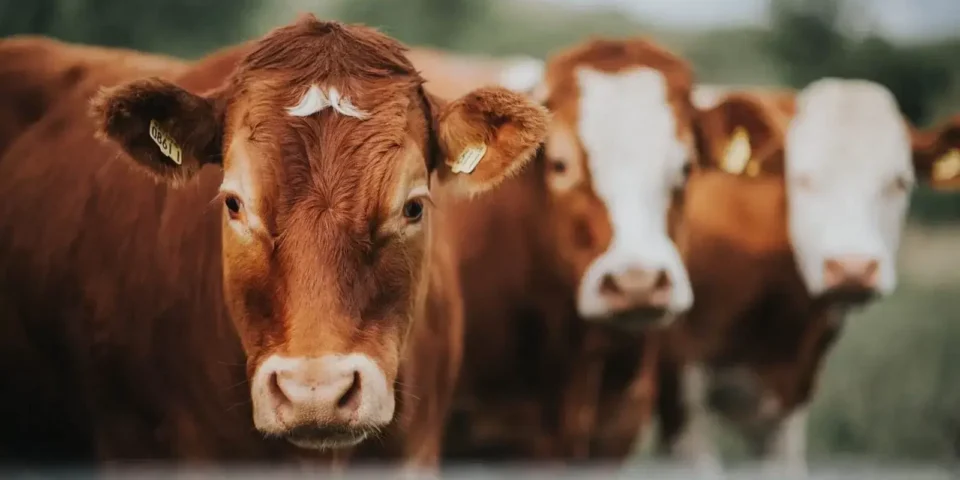Ethiopia to Establish 18 Livestock Collection Centers to Boost Market Access and Animal Health
Ethiopia’s Ministry of Agriculture (MoA) has announced plans to establish 18 new livestock collection centers across nine clusters in the country’s pastoral and semi-pastoral regions. This initiative aims to strengthen Ethiopia’s livestock market, a crucial sector for the economy.
The centers will be strategically placed in major regions, including three clusters each in Oromia and Somali, one in Afar, and two in the Southern and South West states. According to Jemal Aliye, Program Manager for the De-Risking, Inclusion, and Value Enhancement of Pastoral Economies in the Horn of Africa Project (DRIVE), each cluster will host two centers equipped with facilities for watering, feeding, and resting animals. These amenities are designed to improve conditions for pastoralist cooperatives and make it easier for them to access markets.
In tandem with the new collection centers, the government is addressing livestock health and safety concerns critical to market readiness. The MoA has allocated US$3 million to import advanced laboratory equipment and will train specialists to uphold international health standards. Efforts are also underway to evaluate and upgrade existing livestock laboratories, aligning them with global market expectations.
Ethiopia currently operates five livestock quarantine centers that play a vital role in the sector. However, discussions are ongoing about expanding this network to further support livestock health and export quality.
The livestock sector is a cornerstone of Ethiopia’s economy, accounting for 90% of livestock export revenue, contributing 12% to the national GDP, and representing 33% of Ethiopia’s agricultural GDP. These new initiatives are expected to drive further growth and resilience in this key industry.



